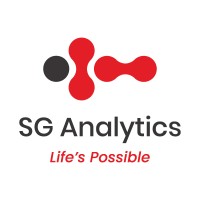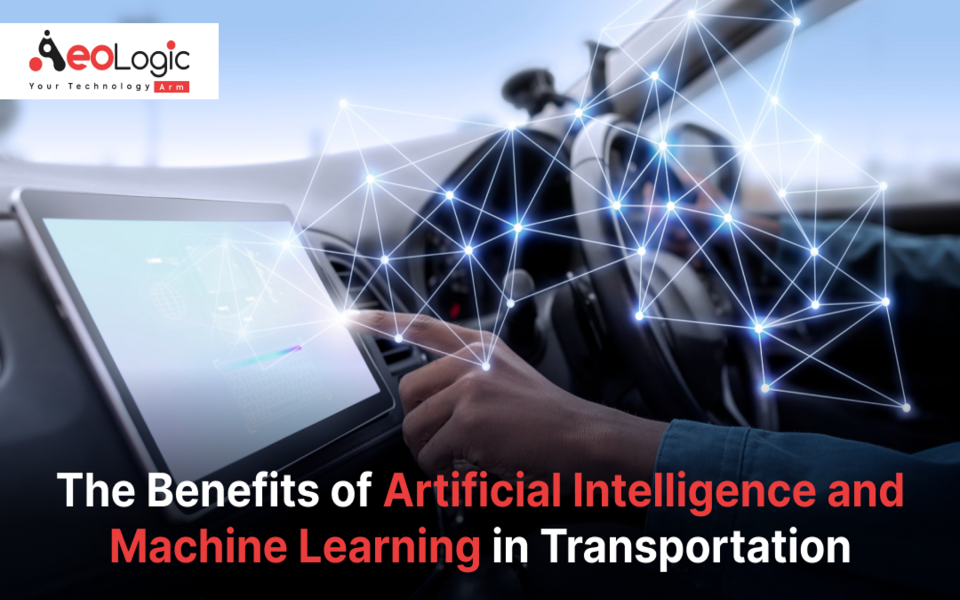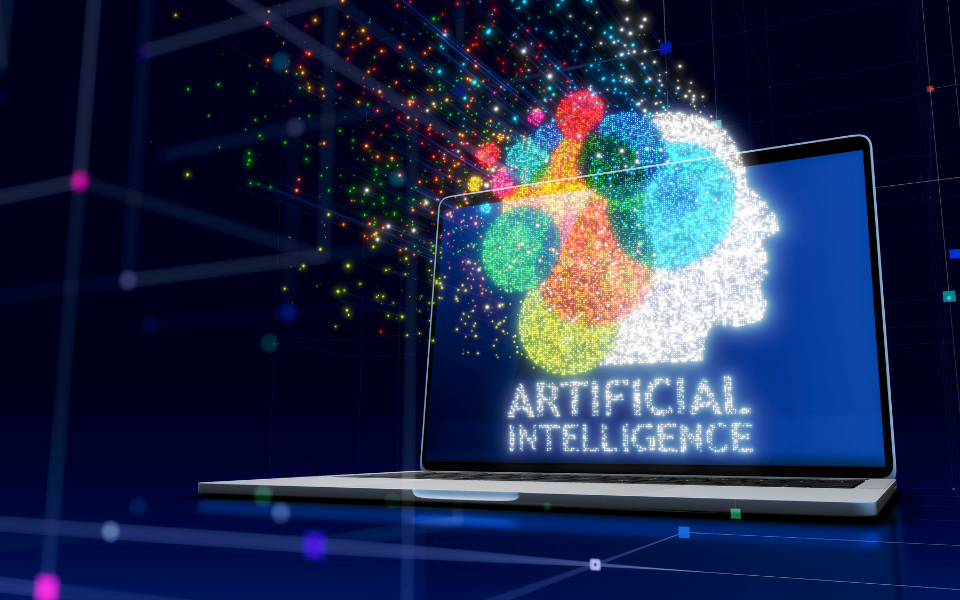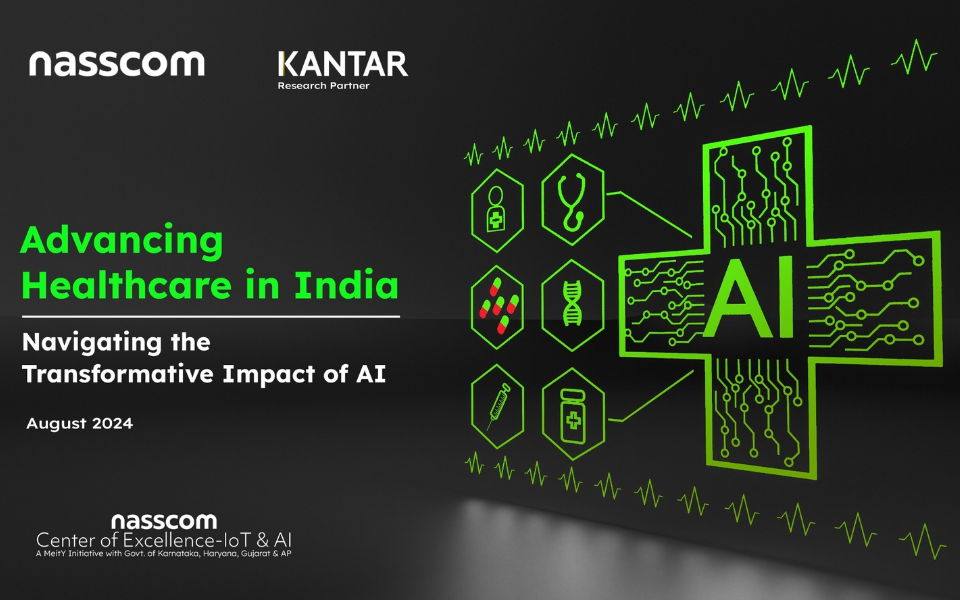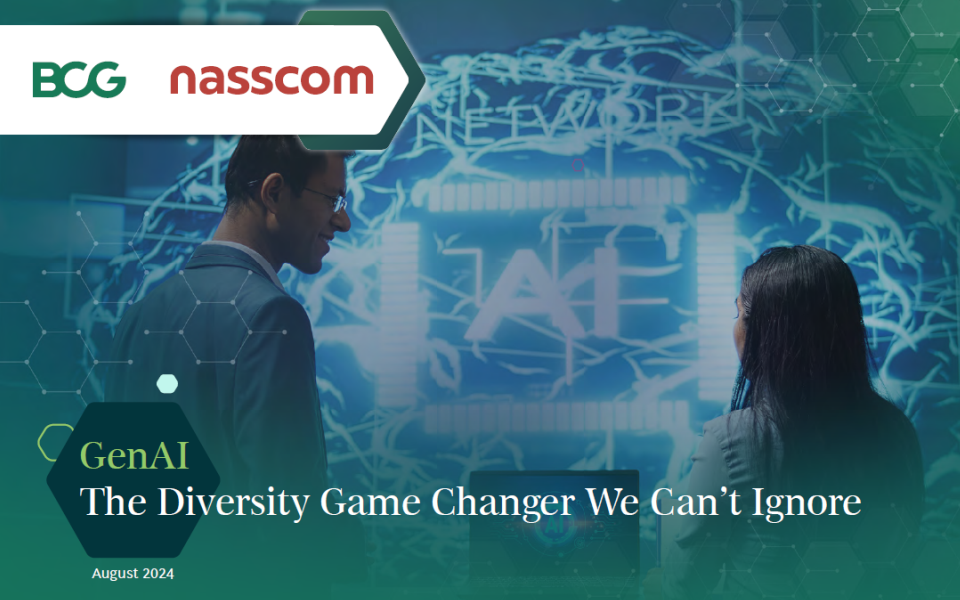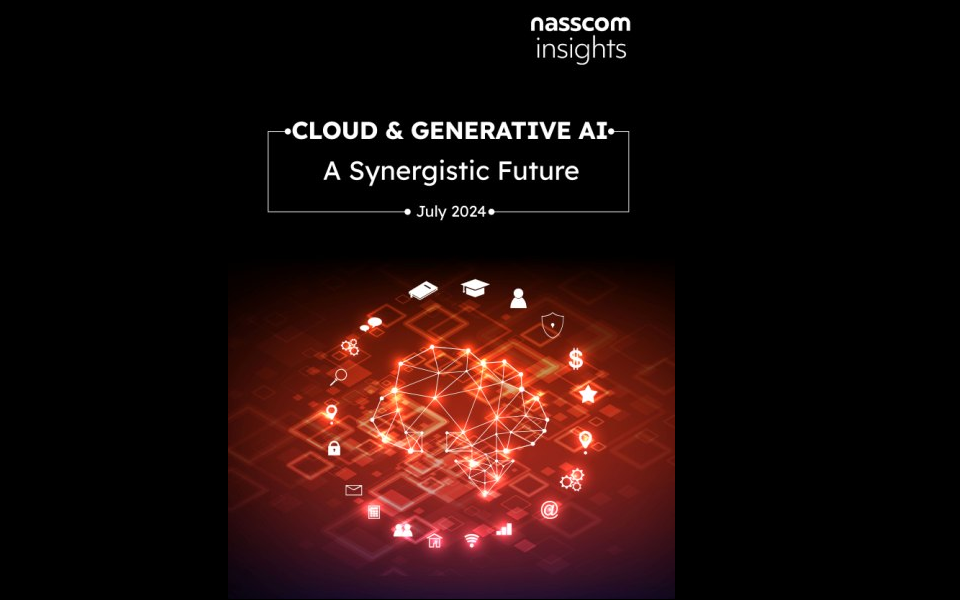Today, there’s no shortage of evidence that GenAI can be a panacea for streamlining processes and eliminating tedious work in every industry. This is especially true for the market research and intelligence industry, where a number of organizations are wielding genAI for similar purposes.
The technological advancements of genAI are assisting companies in penetrating new markets, identifying untapped customers, and aiding in strategy building. Furthermore, genAI is playing an ever-increasing role in market research due to its effectiveness, efficiency, and simplicity.
Read more: The Future of Generative AI: How Will it Change the World
Impact of Generative AI on Market Research
The field of market research has witnessed paradigm shifts in the last few years due to forces such as neural sciences and process automation. Today, with the rise of generative artificial intelligence (generative AI), the field is poised to experience a truly transformative impact.
Generative AI is aiding market research professionals in enhancing the agility and efficiency of their data collection in different ways. Vendors are adding generative AI capabilities into their tools to foster rapid survey development. The rich repository of past studies, as well as questionnaires, can be utilized to create custom survey-build solutions that can help in fine-tuning the specific needs of an organization. There is a huge potential for this paradigm shift in data collection as organizations are leveraging generative AI chat-based surveys.
It can be employed for automated data cleaning along with the removal of PII data from survey response files. Furthermore, generative AI's enhanced search and summarization capabilities are proving to be an invaluable addition to desk research and information mining.
Generative AI holds the potential to drive a significant increase in question velocity, variety, and novelty. To correctly integrate generative AI functionality in everyday operations, businesses, as well as market research professionals, need to -
-
Take the time to understand generative AI as well as its specific use cases. While the initial wins may feel small, the long-term value creation will be immense.
-
Train teams in the use of generative AI as part of AI training programs.
-
Use a mix of build and buy for in-house generative AI applications. There is a wide range of vendors and platforms that market research teams can adopt.
Generative AI offers immense potential in market research; however, there will be challenges as well as ethical considerations to be mindful of, such as data privacy, data security, AI bias, etc. Moreover, with the growing need to bring non-survey data streams into market research, the need to clean complex data is increasing significantly. This is where generative AI can make a significant impact in driving automation and efficiency. By recognizing and prioritizing responsible and ethical AI practices, market research professionals can ensure transparency, fairness, and accountability.
Read more: Striking the Right Balance Between Personalized Customer Experiences and Data Privacy
Use Cases of Generative AI in Market Research
One of the most critical use cases of generative AI is for unstructured text and audio/video analytics. Existing approaches of integrating AI/ML to unstructured data need training data sets for algorithms. Such training data sets are not available for new studies. Generative AI can be used to mine the required unstructured data. In qualitative research, generative AI can be of huge assistance to drive scalability as well as efficiency. It can enable researchers to tap into vast data sets of customer reviews and feedback and conduct analysis at scale to generate insights. It can also be used to drive agility in model selection and deployment.
-
Data Visualization and Reporting
Generative AI helps with insight summarization, rapid reporting, and better data-based storytelling. By leveraging the power of genAI, visualization and visual-based reporting can be significantly enhanced. This will further help significantly speed up reporting and visualization.
The most obvious and biggest impact of generative AI in market research is in the realm of information synthesis. The inherent ability of generative AI to sift through large volumes of data, identify the right sources, and stitch together a synthesis is revolutionary. Generative AI tools are equipping businesses with the capability to connect with real-time search results and generate well-triangulated and summarized insights. It is genuinely driving insight democratization through persona-based insight delivery.
Benefits of GenAI in Market Research
A tool capable of simplifying time-consuming work, automating tasks, and equipping teams to focus on more complex labor, generative AI is also capable of generating new market growth opportunities with machine learning.
GenAI can easily collect data from far-reaching locations and provide insights into new or neglected markets. Likewise, generative AI can also pinpoint potential target markets by scrutinizing existing customer data. Using these insights, genAI can further generate synthetic customer data to create a more accurate picture of what the target markets look like.
Read more: How are Brands Breaking Through the Digital Clutter to Increase Customer Retention
More precisely, genAI is capable of providing a bigger picture of potential customers and how market researchers can reach out to them. GenAI generates specific customer preferences along with detailed profiles, thus enabling marketers to conduct a more effective assessment of their target market.
It can also produce customized research strategies based on the aforementioned data. With genAI’s ability to automate the data analytics process, market researchers can focus their efforts on more critical components of structuring a research plan. GenAI ensures greater accuracy in market research data and helps prevent as well as remove biases from market research gatherings by employing synthetically generated data algorithms to assess the results.
Disadvantages of GenAI in Market Research
-
Scalability: While genAI functionalities are faster at conducting surveys and peer studies, generating new data can be a time-consuming process. This can lead to the unavailability of data for research teams when needed. With rushed data, there is a potential for lower levels of accuracy and research delays.
-
Accuracy: GenAI-generated data is historically reliable. However, it may not be as accurate as data collected through empirical research. Researchers need to be considerate as to how they are using the collected data to reach target audiences.
-
Interpretability: The way data is transformed to a usable state is not completely transparent with generative AI. Without this exact knowledge, market researchers will have limited insight into the genAI data, thereby weakening its credibility.
-
Reliability: While genAI can write impressive texts, the results can be inaccurate based on incomplete, outdated, or unverified data sources.
Read more: Unleashing Innovation: Crafting Customer-Centric Strategy for Business Transformation
Conclusion
Generative AI is changing how market researchers gather insights for making informed decisions.
Organizations embracing generative AI will be better equipped to traverse the complexities of consumer behavior and innovate rapidly by quickly responding to competition and market trends. Business professionals are exploring options to sift through hundreds of corporate communications, and generative AI offers a perfect and promising solution to this workplace obstacle. It helps in summarizing documents in seconds with heightened accuracy. Researchers do not have to spend hours analyzing earnings transcripts or research reports to get the required insights.
When applied in the right ways, generative AI enables market researchers to find and understand new markets while also monitoring companies and industries, making good investments, and focusing on profitable growth strategies.





